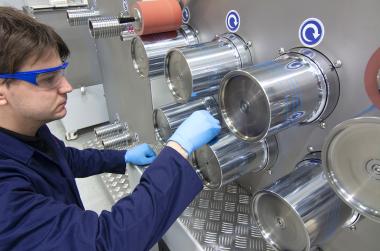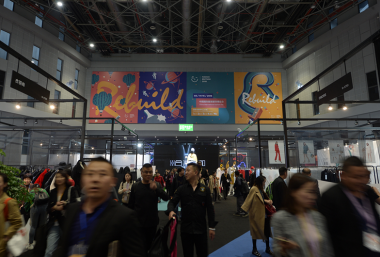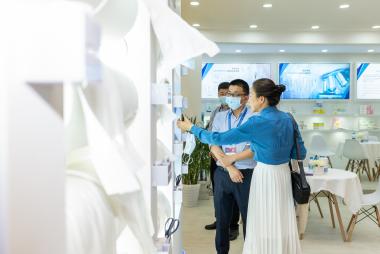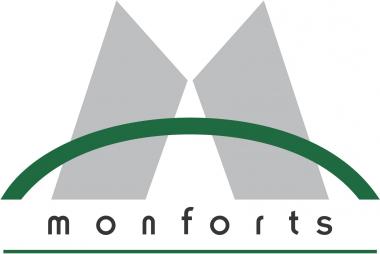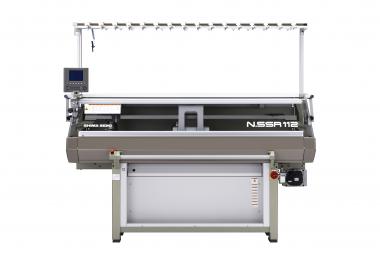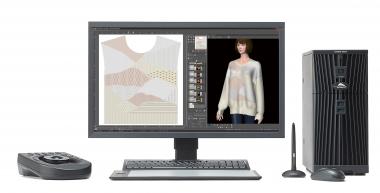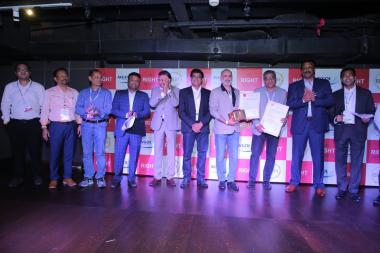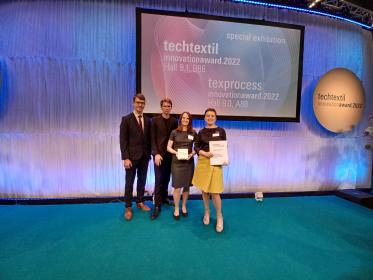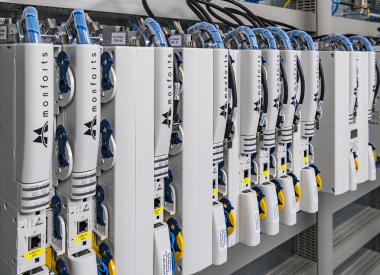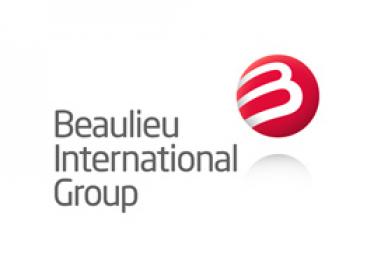RHEON LABS: Fibre with unique strain-rate sensitive characteristics
RHEON LABS, a fast-growing materials technology company based in Battersea, London, has completed an extensive 6 month trial with FET, a world leader in laboratory and pilot meltspinning equipment. Backed by a £173,000 grant from Innovate UK for feasibility studies, RHEON LABS has further developed its RHEON™ technology, a reactive polymer that dynamically stiffens when subjected to force. The technology can control energy of any amplitude or frequency, from small vibrations to forces at ballistic-speeds and therefore has a wide range of applications.
This Innovate UK Smart Grant-backed project aims to develop a hyper viscoelastic fibre from RHEON™ which displays high strain-rate sensitive properties. Creating a fibre with unique strain-rate sensitive properties will be a world first. It will enable the creation of a 'breakthrough-generation' of stretch textiles that can actively absorb, dampen and control energy during movement, rather than simply acting as a spring.
For close-fitting activewear and sports bras, the ability to actively control muscle mass or soft tissue movement during exercise will be a game-changing advancement. It will allow brands to engineer garments that relax during everyday use but actively stiffen during exercise for improved support and performance.
The Innovate UK grant was awarded under the category of Hyper-Viscoelastic Fibre Extrusion for Textile Manufacture. Fibre Extrusion Technology Limited (FET) enabled the customer trials at its bespoke Fibre Development Centre in Leeds, England using its in-house FET-103 Monofilament meltspinning facilities, in harness with RHEON and FET technical operatives. The next phase will be to upscale the trials of preferred materials on RHEON’s own new FET-103 meltspinning line, with FET’s continued support and expertise on hand.
Creating a fibre with unique strain-rate sensitive characteristics could be as radical a change in the market as the initial introduction of stretch fibre with the launch of Lycra™. The textiles would have a multitude of beneficial properties and would provide significantly less compression in the garment than conventional materials, substantially improving user comfort, support and performance.
DAVID STEAD PROJECT MARKETING LTD


